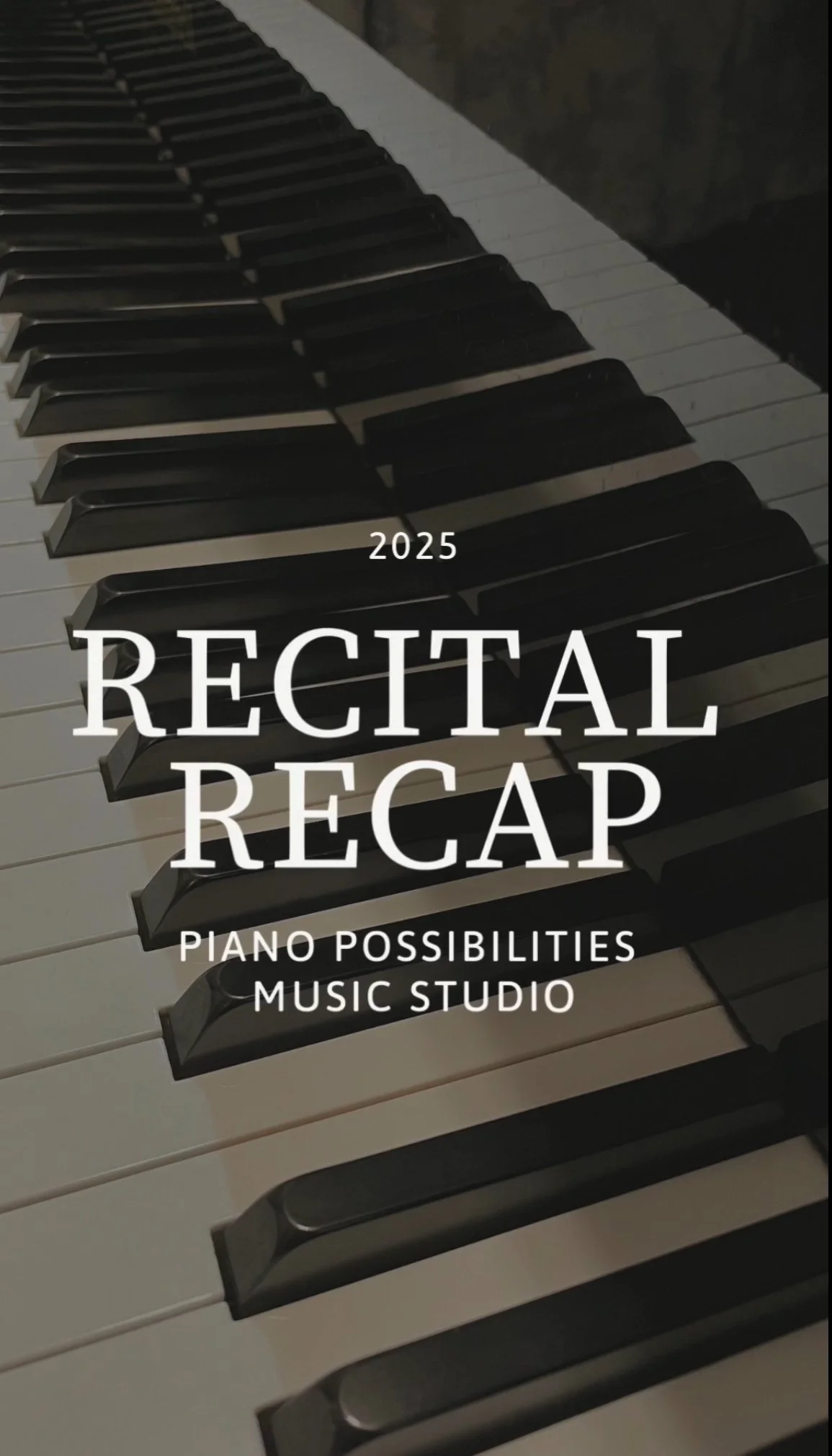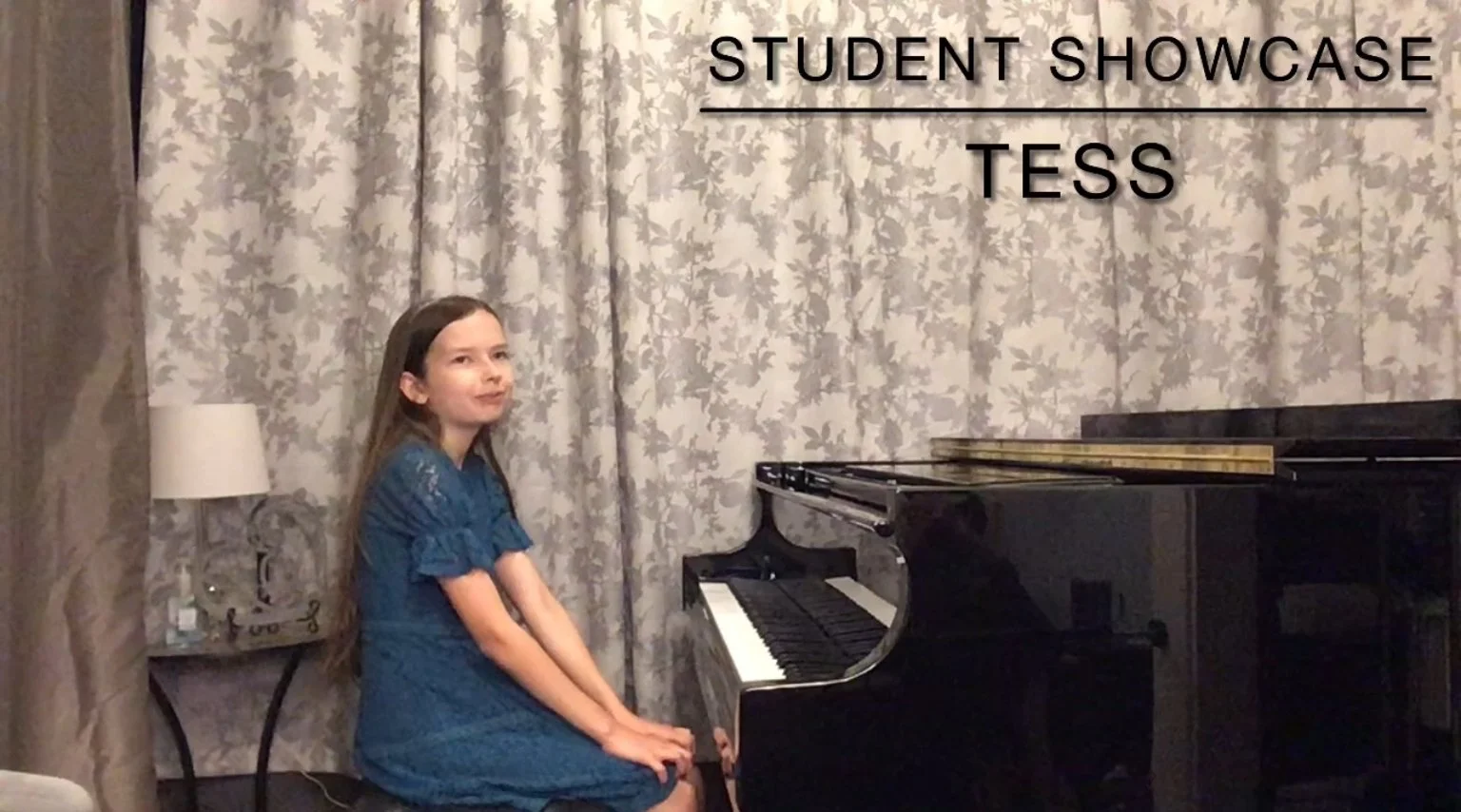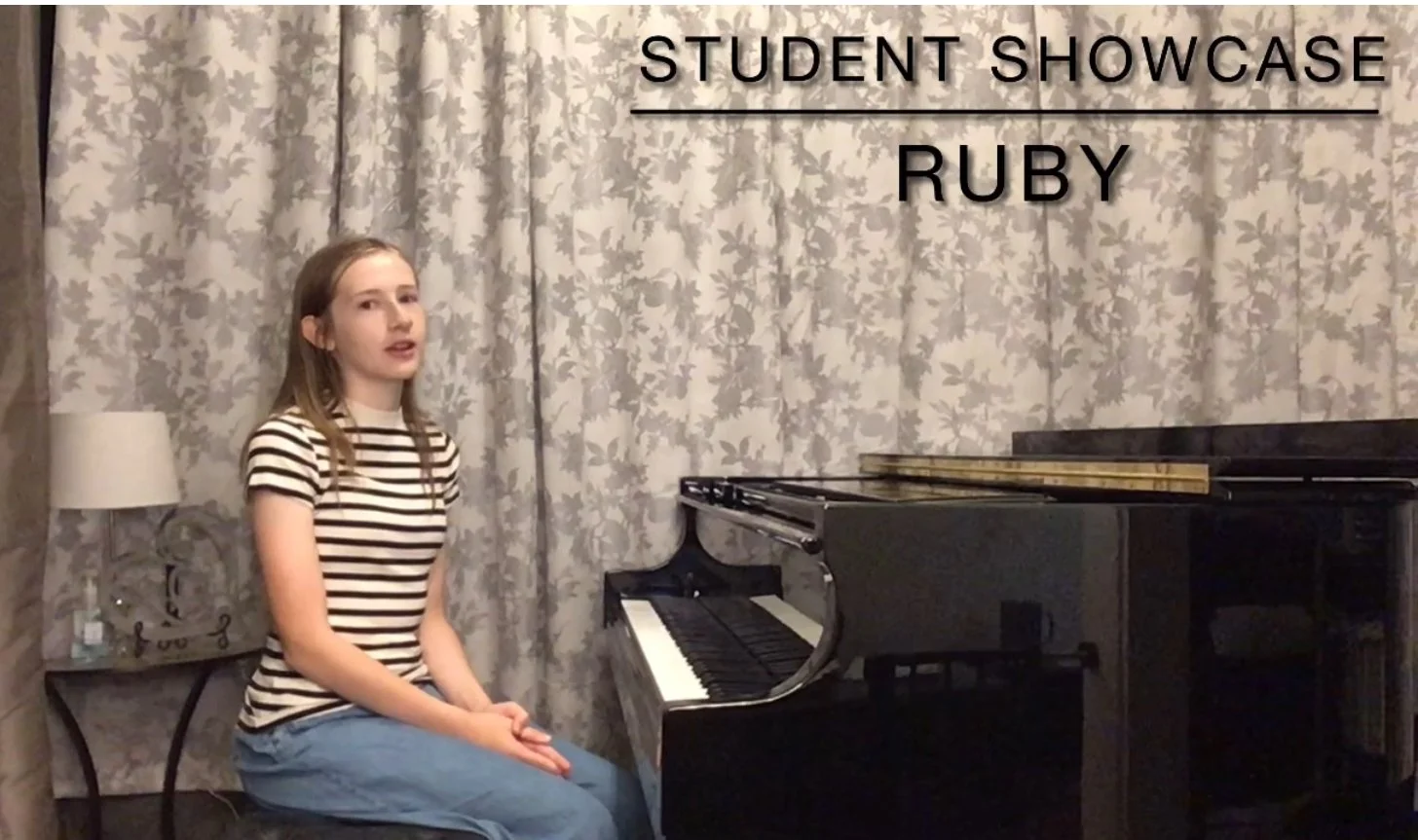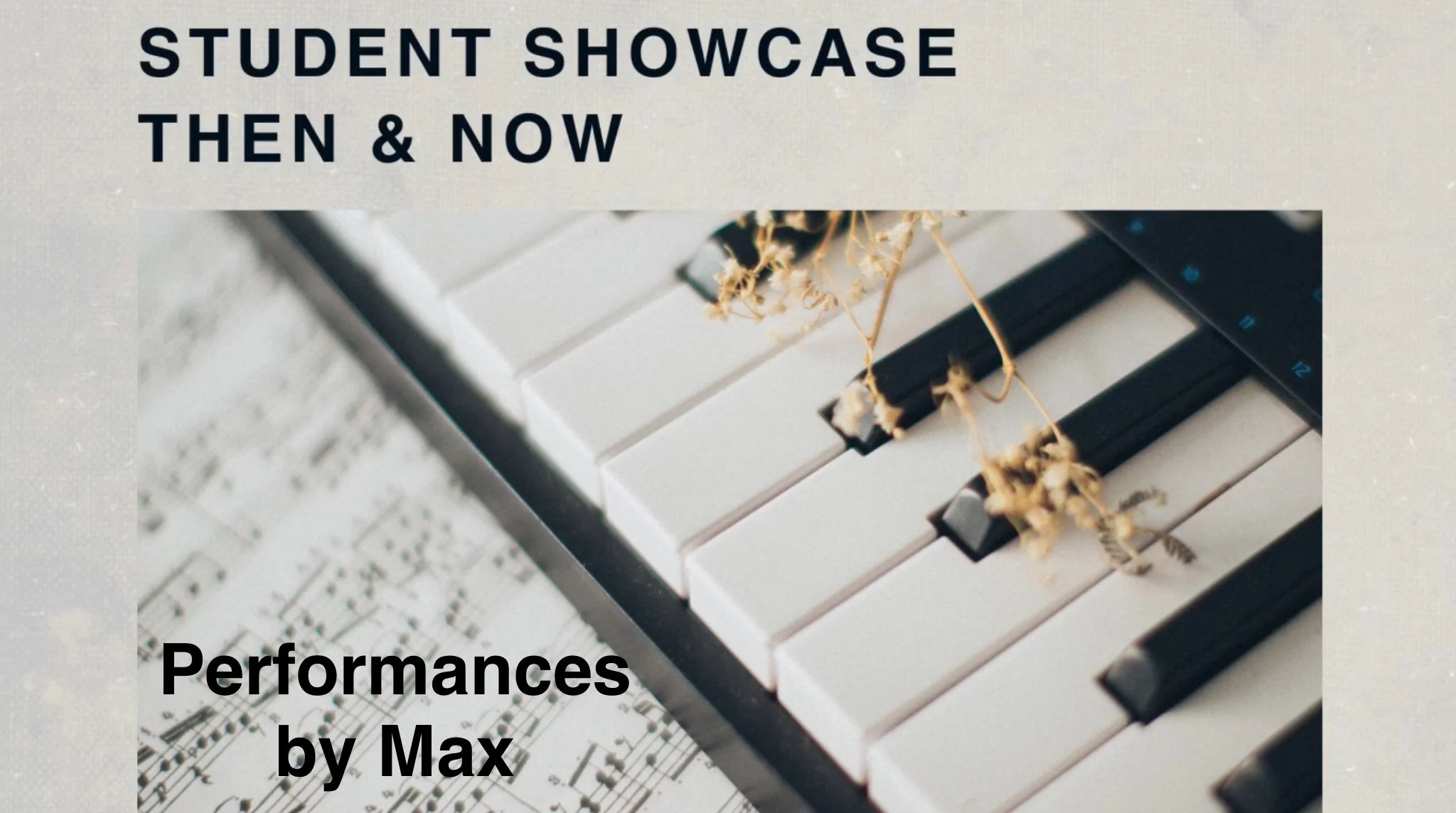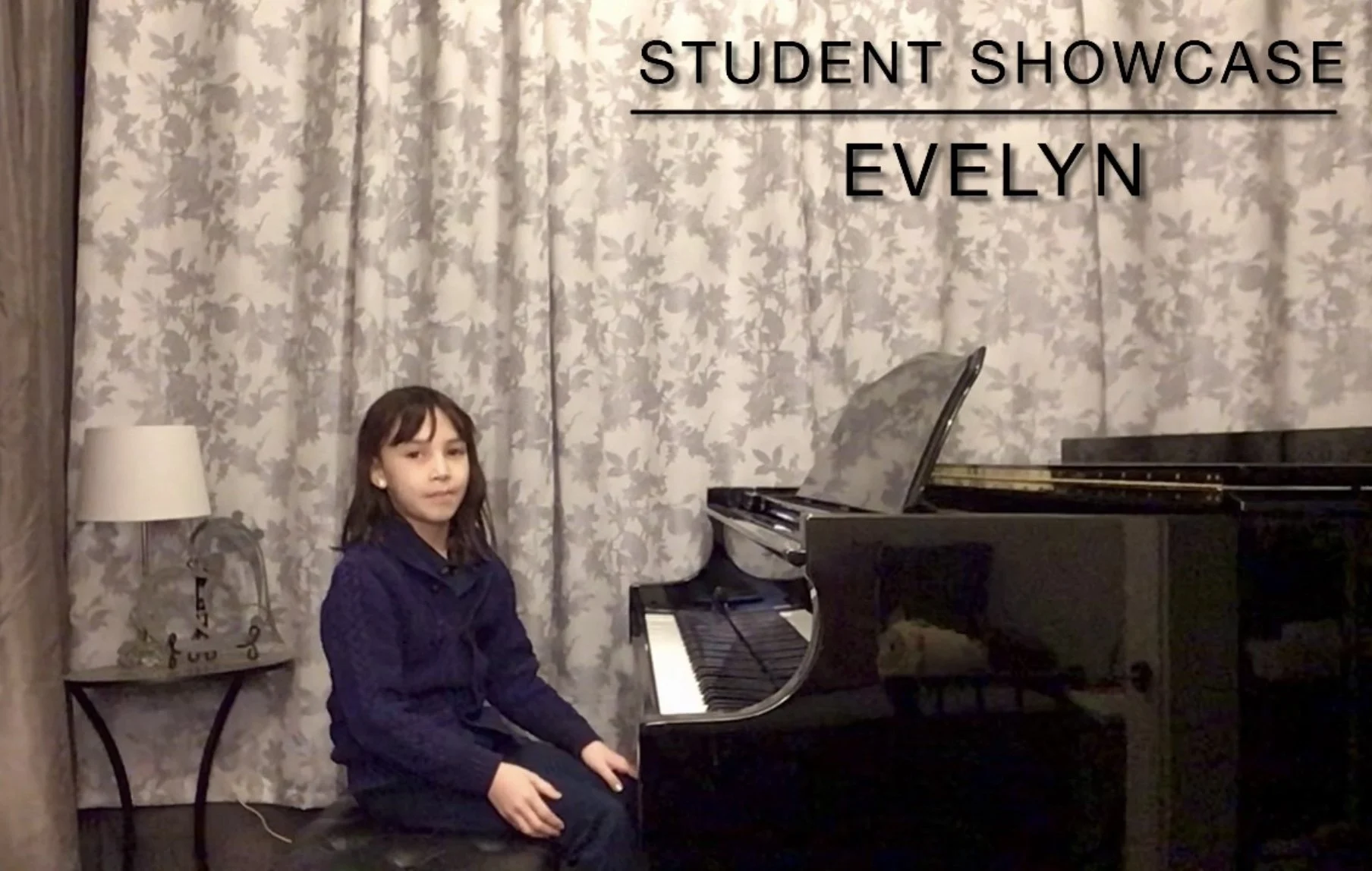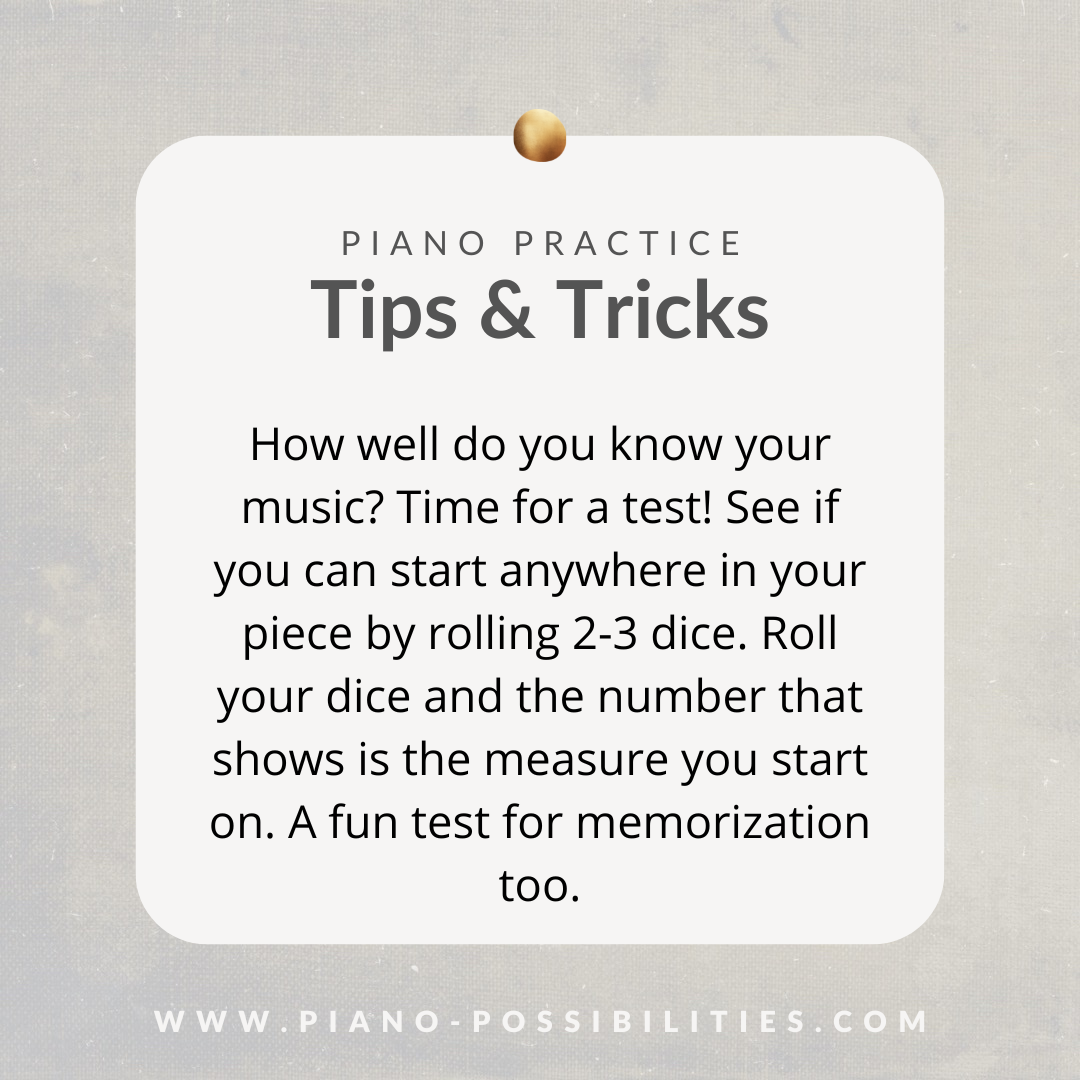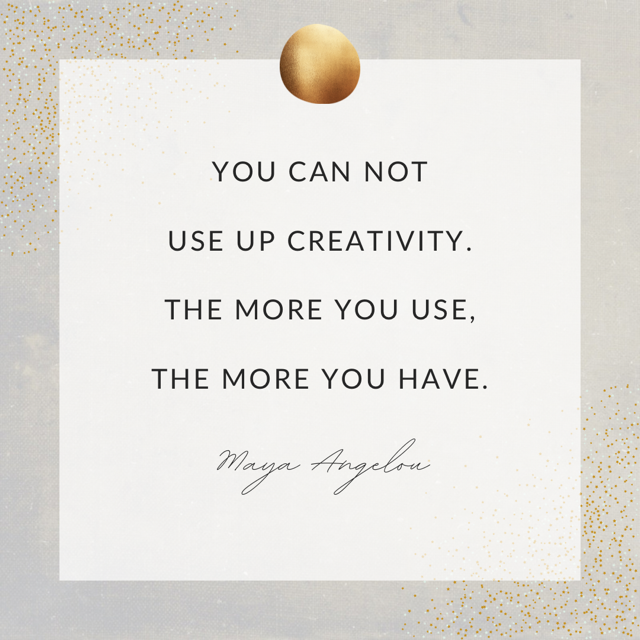Why Mistakes Matter: How You Can Support Your Child’s Musical Growth
If your child is a perfectionist, then this post is made for you!
When I was a young piano student, mistakes or even the fear of making a mistake, was the bane of my existence! I had ZERO tolerance for what I considered a failure: any mistake during practice, a lesson, or a performance. While this may have pushed me to work very hard, it caused a lot of anxiety and frustration. As I grew from those early years at the piano, I realized that one of the most important elements of learning is this:
Mistakes are not setbacks. They’re a valuable part of learning how to play the piano.
When your child sits down to practice, they’re not just learning notes and rhythms—they’re learning how to tackle challenges, how to preserver, and how to grow through hard work. However, sometimes that growth looks a lot like stumbling!
Many young students feel discouraged when they can’t immediately play something perfectly. Sometimes children will stop practicing due to frustration… or even ask to quit taking lessons because they ”don’t like playing piano anymore.” It’s because these mistakes can make them feel like they are failing. However, I can tell you from a teacher’s perspective, these are the moments where the most meaningful progress can begin. It’s all about the approach to help your child shift their mindset.
When children feel safe to try, struggle, and try again, they start to relax and become more open to the process of working hard to overcome challenges. Their confidence grows. They become more curious, more willing to explore, and more open to improvement. In other words, allowing themselves to make mistakes gives them permission to succeed.
This is where your support makes all the difference! Here are a few ways you can help your child embrace the learning process:
1. Praise the Effort, Not Just the Result
Playing music correctly is ideal – of course, it’s what we strive for. But one thing that I have observed as a piano teacher is that constant correction is really frustrating to a student. It can get in the way of them being open to learning and also create anxiety towards making any kind of mistake. For parents, the kindest correction can be met with backlash from even the youngest of children, especially those who are perfectionists! Many times, approaching your child’s piano practice with positive praise can have great results. For example, instead of saying “that sounded perfect” try “I love how you kept going even when it was tricky.” This helps your child see value in persistence, not perfection. You can also ask them, “what do you think needs practice” instead of telling them something was wrong. This helps a child evaluate areas for improvement on their own.
2. Normalize Mistakes
Let them know that every musician—yes, even professionals—make mistakes. It’s how we all learn new skills and strengthen old ones. Encourage your child by sharing how practicing will help them overcome difficulties. I also think personal examples from a parent can be helpful. Highlighting how you’ve made mistakes and learned from them can be beneficial for your child to understand that we all go through this process.
3. Celebrate Small Wins
Mastering a tough rhythm or memorizing a few measures is worth cheering for, highlight how proud you are! These tiny steps build momentum and confidence. With praise, children can gain confidence to take on more complex challenges at the piano without any fear of failure. For example, if they do make mistakes, they will know it’s just a part of learning.
4. Encourage Patience
Learning how to play the piano takes time – not just months, but years of dedicated study. It’s important to note that as your child grows at the piano, the pieces become more difficult and take longer to master. With that in mind, if your child becomes frustrated, remind them that progress often happens slowly, one practice session at a time.
Final Thoughts
All in all, mistakes are simply a part of life. By helping your child see them as an opportunity to learn, you’re giving them a gift far bigger than the ability to play an instrument. You’re teaching them to persevere, to stay curious, and to be proud of their growth. That mindset will carry them much further than any single piece of music ever could.
Questions? Feel free to contact me anytime. - Lani
Looking for something specific? Search below to find previous posts including articles, playlists, inspirational quotes and more!
Archive
- #gopractice 11
- Accompanying 1
- Aretha Franklin 1
- Articles 5
- Awards 3
- Beethoven 1
- Chopin 4
- Christmas 7
- Classical Music 4
- Classical Piano 4
- Coffee 1
- Composers 2
- Composing 1
- Congratulations 3
- Creativity 1
- Debussy 1
- Development 2
- Einstein 1
- Facts 1
- Fanny Mendelssohn-Hensel 1
- Flashback 1
- Games 1
- Gopractice 14
- Grand Piano 1
- Guides 1
- Happy Holidays 10
- Happy New Year 1
- Humor 1
- Inspiration 80
- JS Bach 1
- LEGOs 1
- Liszt 1
- Memories 1
- Merry Christmas 2
- Motivation 32
- Mozart 2
- Music 8
- Music Activities 1
- Music Education 3
- Music History 1
- Music Theory 2
- Music Tips 1
- New Years Resolutions 2
- News 1
- Performances 3
- Piano 18
- Piano Concerto 1
- Piano Lesson 1
- Piano Lessons 7
- Piano Playlist 1
Piano Possibilities Music Studio | Customized Piano Lessons | Oregon City | West Linn | Gladstone
Searching for piano lessons near me? Email me today to schedule your piano lessons in Oregon City!


